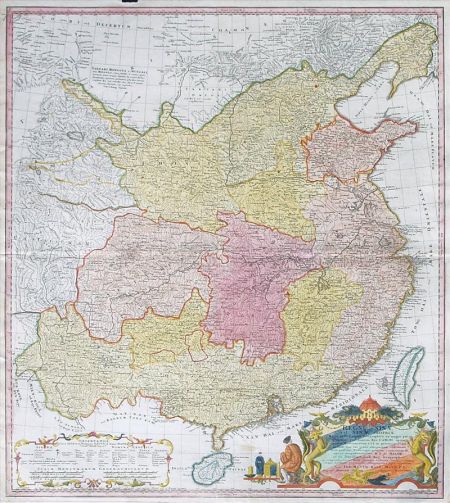
China told to be careful in hinting use of force in sea row
The Defense Department on Thursday called on China to be circumspect in issuing statements after Beijing had warned that its military could be assembled quickly to win any battle.
“They should be more circumspect regarding the giving of statement,” Defense Department Spokesman Peter Galvez told reporters when asked whether China’s statement was acceptable.
Galvez said they would continue to support peaceful means to resolve the territorial row in the West Philippine Sea (South China Sea).
“What is important is we approach all these things peacefully and the soonest that we approach this peacefully, the sooner the region can expect all the development and growth which is the target and aimed for not just by Filipinos but everyone in the entire Asia Pacific,” he added.
Earlier, Chinese Defense Minister Chang Wanquan warned the Philippines and Japan that China would not compromise on its territorial claims. He also hinted that China could use its military to protect its interests.
“We will make no compromise, no concession, no trading,” Chang said in a press briefing in Washington last Tuesday.
“Not even a tiny bit of violation is allowed,” he added.
China claims virtually the entire West Philippine Sea while the Philippines, Brunei, Malaysia, Vietnam and Taiwan have overlapping claims.
China is also embroiled in a territorial dispute with Japan over the Senkaku islands in the East China Sea. Japan has vowed to strengthen its security ties with the Philippines and to further cooperate on the defense of remote islands, territorial seas and maritime interests.
The Philippines recently filed a memorial or a written argument to the United Nations arbitral tribunal hearing its case against China’s territorial claims.
Galvez dodged questions on whether or not Chang’s recent statement would help in maintaining peace and stability in the region.
“We will try to achieve what will be necessary to defend the nation,” the defense official said.
“We will continue to work within our mandate to defend our country and of course to approach this peacefully,” he added.
China has been resorting to aggressive acts to assert its territorial claims, raising concerns about their possible effects on freedom of navigation and freedom of flight in international airspace.
Early this year, China established an air defense identification zone above international waters separating China, Japan, South Korea and Taiwan.
The move requires all aircraft to report their flight plans and to identify themselves while flying through the zone.
China has also announced the enactment of a new law requiring foreign fishing boats to seek its permission before operating in the West Philippine Sea.
Phl, US resume base access talks
The Philippines and the US on Thursday started the 8th round of negotiations on a deal that would grant American troops greater access to the military’s bases.
The negotiating panels did not issue opening statements on their meeting, which was held at the Department of Foreign Affairs office in Pasay.
The Defense department is hopeful that negotiators would come up with an agreement that is mutually beneficial to both countries.
“What is important is we keep the language and all the negotiations within the Constitution,” Galvez said.
He could not say whether the agreement would be signed in time for United States President Barack Obama’s visit to the Philippines this month.
















